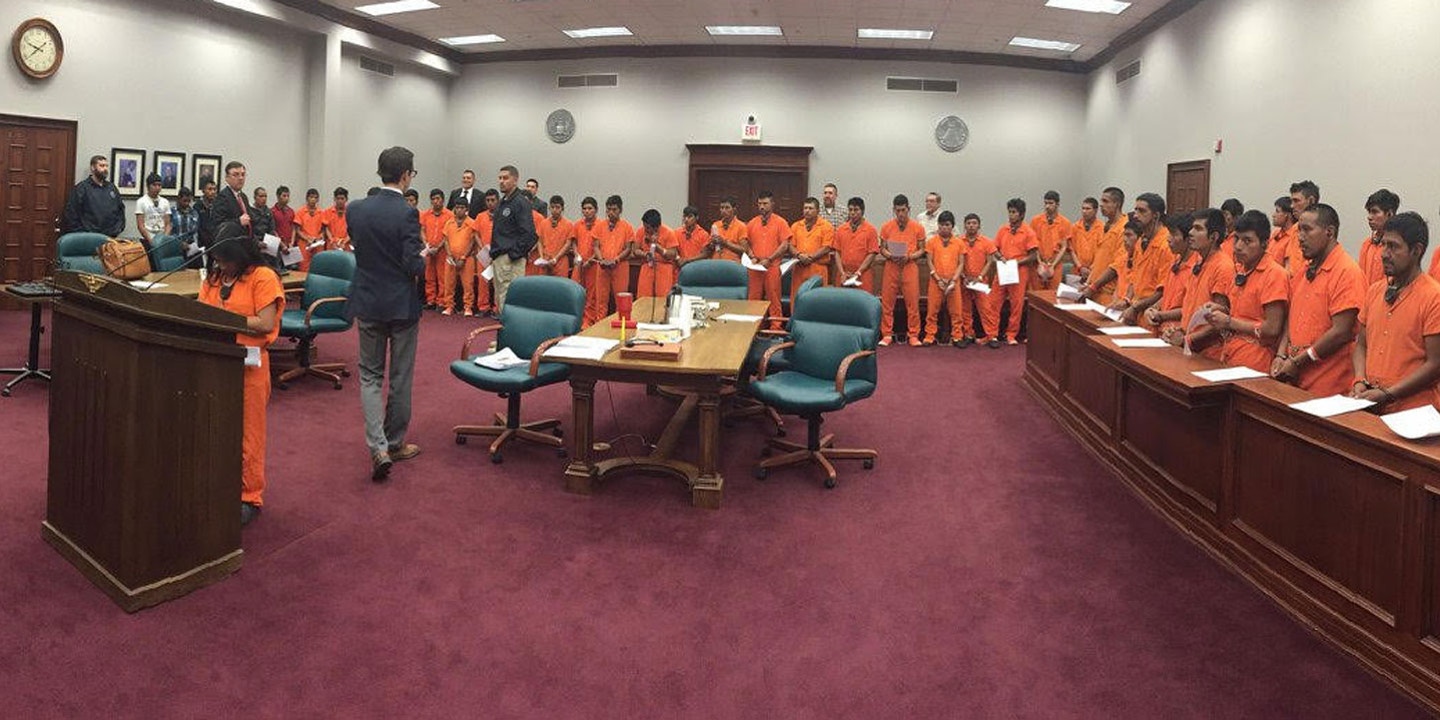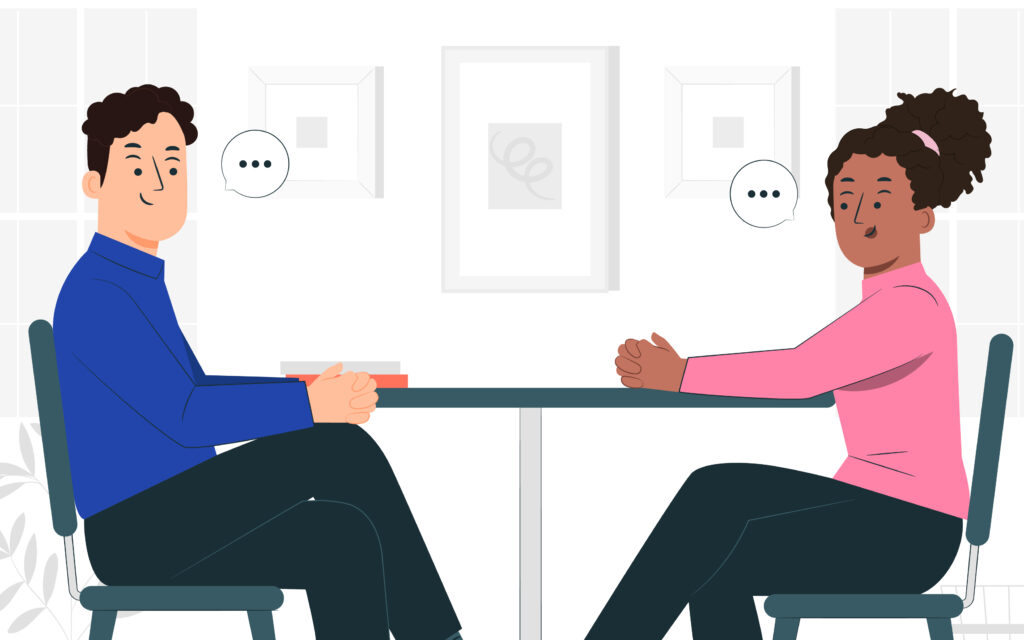If you’ve recently been charged following local DUI arrests, you’re probably overwhelmed, confused, and unsure of what to do next. Whether it was a routine checkpoint or a late-night traffic stop, one moment can change your entire life. The truth is, local DUI arrests are serious—legally, financially, and emotionally. However, what you do after the arrest can shape the outcome far more than the arrest itself. Every action you take from this point forward matters more than most people realize.
In this guide, we’ll walk you through exactly what steps to take if you’ve been charged with a DUI in your local jurisdiction. We’ll use real-life examples, break things down in plain English, and provide practical, clear advice that anyone can follow. So if you or someone you care about is dealing with the aftermath of local DUI arrests, keep reading—because the road to protecting your future starts now. The sooner you understand your rights and responsibilities, the better your chances of minimizing long-term consequences.

Understanding Local DUI Arrests: More Than Just a Ticket
A lot of people think local DUI arrests are just like getting a speeding ticket—costly, but manageable. Unfortunately, that’s not even close to true. ADUI arrest is a criminal matter, and even if it’s your first offense, it can carry heavy consequences including jail time, license suspension, court-mandated classes, and a permanent criminal record.
Every Local Arrest Comes with Unique Circumstances
Unlike state-level charges, local DUI arrests often involve municipal police departments or county sheriffs. That means your case is impacted by local judges, county prosecutors, and regional law enforcement policies. Some counties aggressively prosecute allDUI cases; others are more lenient with first offenders.
So while the laws might be consistent statewide, how they’re enforced and how your case unfolds can vary drastically depending on where you were arrested. Understanding this difference is the first step in managing your defense.
Step 1: Don’t Panic, But Don’t Ignore It
After local DUI arrests, the worst thing you can do is ignore the situation or assume it will go away. It won’t. Many people feel ashamed or confused and delay taking action—but doing so only makes things worse.
Why Time Matters
From the moment you’re arrested, the clock starts ticking. You typically have 15 days or less to request a hearing to prevent your license from being automatically suspended. Additionally, courts don’t look kindly on people who blow off paperwork or show up unprepared.
Real-life example:Eric, a 26-year-old from Lubbock, ignored his paperwork for two weeks after a DUI arrest. By the time he contacted a lawyer, the deadline to contest his license suspension had passed, and he had to arrange expensive rideshare services just to keep his job.
Taking swift, informed action helps you stay in control.
Step 2: Request a DMV Hearing Immediately
One of the first formal steps after a local DUI arrest is addressing your driver’s license status. In most states, the Department of Motor Vehicles (DMV) or equivalent agency will attempt to suspend your license automatically.
Requesting a Hearing Buys You Time
If you act quickly and request an administrative hearing, you can potentially delay or avoid suspension. Even if you end up losing the hearing, it gives your legal team a chance to gather evidence and prepare for your criminal case.
This hearing is completely separate from your court proceedings, and if you don’t request it in time, you may lose driving privileges without ever setting foot in a courtroom.

Step 3: Hire a Local DUI Defense Attorney
Not all lawyers are created equal, and when it comes to local DUI arrests, hiring an attorney who knows your jurisdiction is critical. Local DUI defense attorneys understand the personalities of local prosecutors, know which judges are tough on DUI cases, and are familiar with diversion programs, plea deals, or alternative sentencing options in your county.
What to Look for in a DUI Attorney
- Proven track record with DUI cases
- Experience in your local courthouse
- Strong reviews and professional reputation
- Clear communication and transparency about fees
Pro tip: Ask how many cases like yours they’ve handled in your specific jurisdiction. That knowledge could be the difference between jail time and probation.
Step 4: Gather Evidence While It’s Still Fresh
Don’t wait until your lawyer asks—start collecting your own evidence. The more details you can provide about the night of your arrest, the better your defense strategy will be.
What You Should Record:
- What you ate and drank, and when
- Whether you were given a breath test or blood test
- If field sobriety tests were administered, and how
- Any statements made by officers
- Video footage or receipts that could confirm your timeline
You’d be surprised how oftenDUI charges are reduced—or even dismissed—because of inconsistencies in police reports or procedural errors.
Step 5: Know What You’re Really Facing
After a local DUI arrest, many people are shocked to learn just how far-reaching the consequences can be. It’s not just a fine—it’s a ripple effect that touches almost every part of your life.
Possible Penalties Include:
- Jail or community service
- Driver’s license suspension or revocation
- Mandatory installation of anignition interlock device
- DUI education classes or treatment programs
- Probation and regular alcohol testing
- Increased insurance premiums (or policy cancellation)
- Criminal record that can affect employment and housing
Even a first-time offender can face thousands in financial penalties and years of consequences. Knowing this ahead of time helps you make informed decisions.
Step 6: Appear at All Scheduled Court Dates
Skipping court or arriving unprepared is one of the worst things you can do following local DUI arrests. Not only can it lead to a bench warrant, but it also signals to the judge that you’re not taking the charge seriously. Missing a hearing can also result in harsher penalties or immediate license suspension.
Dress professionally, speak respectfully, and follow your attorney’s guidance. Showing that you’re serious and cooperative can influence the outcome of your case—especially in jurisdictions where judges have discretion in sentencing. A positive courtroom presence can sometimes mean the difference between probation and jail time.
Real-life example:Nina, a 34-year-old teacher from Fort Worth, showed up late to her arraignment without a lawyer. Her tardiness and lack of preparation frustrated the judge, who denied her a second chance at a plea negotiation. A local DUI arrest became a career-threatening conviction.
Step 7: Explore Alternative Sentencing Options
Some counties offer programs that can reduce or eliminate jail time for DUI offenders—especially first-timers. But these alternatives often come with requirements like rehab, community service, or probation. A local DUI attorney will know what’s available in your area.
Common Alternatives Include:
- Deferred adjudication
- Weekend jail or house arrest
- Alcohol treatment programs in lieu of incarceration
- Pretrial diversion programs

These options are not guaranteed, but if you qualify, they can significantly reduce the impact of a DUI conviction.
Step 8: Prepare for Long-Term Impacts
Even after your court case ends, a local DUI arrest can stay with you. Insurance rates go up. Employers might find your criminal record. Some licenses—like for commercial driving or teaching—may be jeopardized.
Steps to Rebuild After a DUI Arrest:
- Enroll in any required classes or counseling without delay
- Comply with all court orders
- Consider record sealing or expungement if eligible
- Attend support groups or therapy if alcohol misuse is a concern
- Re-establish trust with family, employers, and friends
Facing the aftermath head-on, instead of avoiding it, makes recovery much more manageable.
The Psychological Toll of Local DUI Arrests
Beyond the legal and financial damage, local DUI arrests can take a toll on your mental and emotional well-being. Anxiety, embarrassment, and isolation are common.
Why Emotional Recovery Matters
People often underestimate the emotional impact of being arrested. Even if you’re never convicted, the stigma and self-blame can be heavy. Acknowledging the mental strain and seeking support—whether through therapy, peer groups, or trusted family—is a key part of truly moving on.
Real-life example:Carlos, a 40-year-old contractor from San Antonio, felt paralyzed by shame after his DUI arrest. Therapy helped him rebuild confidence, repair his relationship with his teenage son, and eventually become a speaker at local DUI awareness events.

Final Thoughts: Why You Must Act After Local DUI Arrests
A local DUI arrest can change your life—but it doesn’t have to define it. With swift action, the right legal guidance, and a willingness to face the process head-on, you can recover and rebuild. You don’t need to navigate this alone.
The steps you take in the hours and days after your arrest set the tone for everything that follows. Whether it’s hiring an experienced local DUI attorney, requesting a DMV hearing, or showing up to court fully prepared, every choice matters. Local DUI arrests may start with flashing lights and handcuffs, but they don’t have to end in ruin.
Take charge of your next step. Because what you do now could make all the difference in how your story unfolds.


